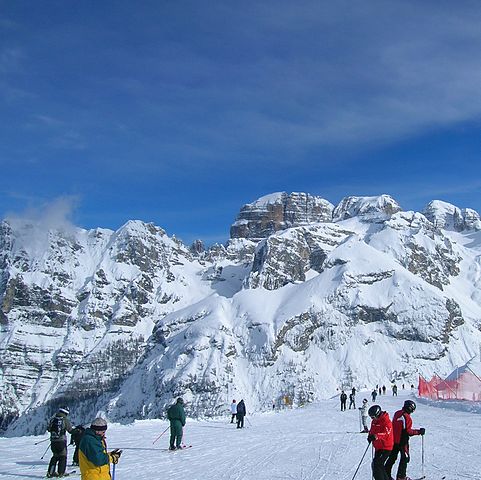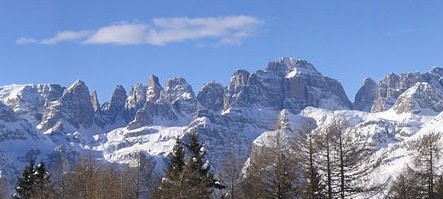Congratulations to Faisal Hawlader, François Robinet and Raphaël Frank for having conquered the Best Paper Award presenting the paper entitled “Vehicle-To-Infrastructure Communication for Real-Time Object Detection in Autonomous Driving” [Link to IEEE Xplore]

Picture taken at the Awarding ceremony
Call for Papers
Wireless on-demand network systems and services have become mainstream technology, one that keeps shaping the networked world of the future. Different types of wireless LANs, both sub-6 GHz and in higher frequency bands, as well as such established technologies as Bluetooth LE, LTE-Direct, NFC, and optical links are the cornerstone of networking paradigms including NextG cellular, mesh and sensor networks, cloud networks, vehicular networks, non-terrestrial networks and in-body networks.
The challenges of this exciting research field are numerous. These include providing robust services in highly dynamic and extreme environments, how to minimize energy demands or zero out battery usage in favor of renewable energy sources, how to smartly blend multiple wireless technologies available to a network node (including across radically different bands), and how to make wireless on-demand networks and services self-configurable, adaptive, self-organizing, and self-healing in a wealth of different context, each exhibiting its own peculiar constraints.
IFIP WONS, now at its eighteenth edition, has established itself as a high quality forum to address the above and related challenges. WONS 2023 aims at continuing to provide a global platform for rich interactions between experts in their fields, discussing innovative contributions in a stimulating environment.
This announcement solicits original contributions of high-quality research providing novel insights on all aspects of wireless on-demand networks and systems. Topics of interest comprise, but are not limited to:
- 5G and 6G networks
- Cloud/edge/fog computing and networking
- Cognitive radio networks
- Cross-layer design
- Data analytics and ML/AI-driven network systems
- Heterogeneous wireless networks
- Joint communications, networking, and sensing
- Implementations and testbeds
- Internet of Things
- Intra-body and biomedical on-demand systems
- Integration of different wireless technologies
- Localization and mobility management
- Mobile computing and services
- Network and service management
- Non-terrestrial (aerial, space, underwater, …) networks
- Novel architectures, protocols, applications and services
- Open source software, open source hardware and open data
- Optical and visible light wireless networks
- Performance evaluation through simulations, emulations and real-world experiments
- Pervasive and ubiquitous computing
- Quantum computing and networking
- QoS and QoE aspects
- Security, privacy, and trust
- Social and economic aspects
- Sustainable networks and distributed ML/AI services
- Theoretical and data driven modeling and optimization
- Vehicular networks
- Wireless technologies for NextG networks (millimeter-wave, terahertz, …)
The authors of selected papers from WONS 2023 edition will be invited to submit an extended version of their work to Elsevier Computer Communications for possible publication in a dedicated Virtual Special Issue (VSI). VSI submitted papers should extend significantly the original work offering additional contribution and insight to the community.
Together with the honor, this year Best Paper Award comes also with a monetary prize sponsored by IFIP.

Brenta Group from Doss del Sabbion, Madonna di Campiglio, Italy
By Snbenacus (Own work) [GFDL (http://www.gnu.org/copyleft/fdl.html) or CC BY 3.0 (http://creativecommons.org/licenses/by/3.0)], via Wikimedia Commons
News
- Registrations are open! More on the Registration page
- The Acceptance Notification deadline has been postponed to the 5th of December
- The paper submission deadline has been postponed to the 14th of November
- Keynotes announced! More on the keynotes by Carla Chiasserini and Deniz Gunduz
- The paper registration deadline has been postponed to the 7th of November
Save The Dates
| Paper registration |
|
|
| Paper submission |
|
|
| Acceptance notification |
|
|
| Camera ready |
| 16 Dec. 2022 |
Manuscript Submission
Authors are invited to submit double-column long papers (up to 8 pages) and short papers (up to 4 pages) as a PDF file using the standard IEEE template, with a font size no smaller than 10pt and using A4 paper size, wich can be established with this Latex option.
\documentclass[conference,a4paper]{IEEEtran}
Short papers should present future research directions and ongoing work with visionary, innovative ideas; accepted short papers will be presented in a separate session at the conference and will be included in the conference proceedings. Submitted papers must not have been published elsewhere and must not be currently under review by another conference or journal. Submission implies the willingness of at least one of the authors to register and present the paper. All submitted papers will be peer-reviewed by at least 3 independent experts in the field, following a single-blind process.
Review Process
We will have at least 3 reviews per paper and we count on the TPC members to do the reviews themselves in order to ensure high quality and comprehensive reviews.

View on the Brenta Dolomites from Paganella
By Mara Ghiro [Public Domain]